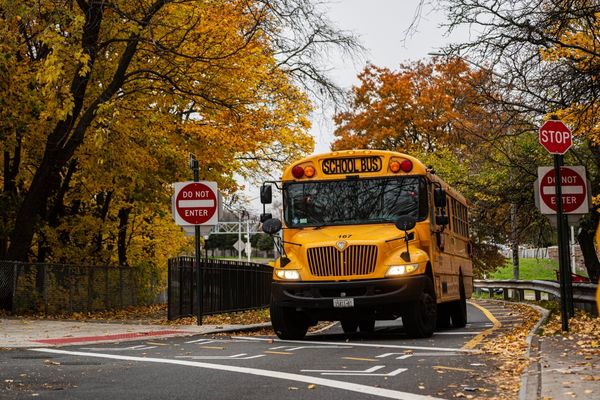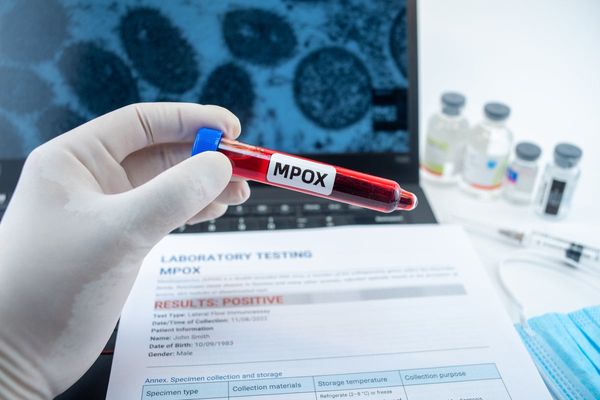
The families of people killed at Hillsborough have thrown their weight behind calls for an official public inquiry into alleged police misconduct at Orgreave during the 1984 miners’ strike.
Their intervention will place even greater pressure on the home secretary, Theresa May, to hold a Hillsborough-style inquiry into the conduct of South Yorkshire police officers at the confrontation between officers and striking miners that produced the defining images of the 1980s industrial unrest.
The same force was responsible for the policing at the Hillsborough football ground in 1989, where 96 people died.
The two groups representing families of those who died at the FA Cup semi-final between Liverpool and Nottingham Forest say they believe a public inquiry should be held into Orgreave.
Margaret Aspinall, chair of the Hillsborough Family Support Group, which represents 75 bereaved families, said “the miners and their families deserve the truth”.
The Hillsborough Justice Campaign (HJC), which represents 22 families whose relatives died at Sheffield Wednesday’s football ground, is also backing the call for an Orgreave inquiry, saying it was disappointed with last week’s decision by the Independent Police Complaints Commission (IPCC), after two and a half years’ consideration, not to hold a formal investigation.
The IPCC said in its report that evidence indicated senior South Yorkshire police officers privately acknowledged that “many officers” had used excessive violence at the confrontation at the Orgreave coking plant on 18 June 1984, and that some then committed perjury in the subsequent unsuccessful prosecution of 95 miners.
The commission also said the senior officers in 1988-90, when settling a civil claim brought by 39 miners, arguably perverted the course of justice themselves, by not disclosing the misconduct they knew about, nor investigating it, nor disciplining any officers. Nevertheless, the IPCC said it was not going to mount an investigation, due to the passage of time.
The Home Office has said that May, who has been supportive of the Hillsborough families through the 2009-12 inquiry by an independent panel, the 2012 quashing of the original 1991 inquest, and current new inquests, will “consider any request she receives to set up a public inquiry into Orgreave”.
Margaret Aspinall said: “We are fully behind the calls for a public inquiry into Orgreave. It is wrong for anybody in our country to suffer and then have to fight for so long against injustice, as we did. The miners and their families deserve the truth.
The HJC pointed to the evidence of perjury and perverting the course of justice highlighted in the IPCC report, and said: “Based on our own experiences, we believe that a full judicial inquiry or panel-style investigation would help those involved to establish the truth about the events at Orgreave.”
The IPCC’s decision not to investigate sparked renewed calls for a public inquiry from the Orgreave Truth and Justice Campaign and the National Union of Mineworkers, 95 of whose members were arrested at Orgreave and charged with riot and unlawful assembly, which carried potential life sentences. All were acquitted in 1985 after the South Yorkshire police evidence and credibility crumbled under cross-examination.
The frontrunners in the Labour party’s leadership election, Andy Burnham and Yvette Cooper, called for a public or Hillsborough panel-style inquiry into Orgreave, and 40 Labour MPs and two from the Scottish National party have made that call in a parliamentary motion that also condemns the IPCC decision.
The report said senior officers at South Yorkshire police’s Snig Hill headquarters knew and privately acknowledged that their officers had been guilty of misconduct including perjury, but did not disclose it. In 1990, the force settled 39 miners’ claims for malicious prosecution and assault, paying £425,000 compensation, but without admitting liability or any wrongdoing.
The IPCC said the senior officers’ failure to disclose or act on malpractice they had privately acknowledged “may of itself indicate that offences in relation to perverting the course of justice and/or misconduct in a public office have been committed” at that stage.
The IPCC said this also “raises doubts about the ethical standards and complicity of officers high up in [South Yorkshire police].”
Those findings led to accusations by the Orgreave Truth and Justice Campaign and the miners’ former solicitor for the civil claims, Raju Bhatt, that South Yorkshire police had perpetrated a cover-up between acknowledging the misconduct, which was documented in 1988, and settling the claims in 1990. The Hillsborough disaster happened on 15 April 1989. Bereaved Hillsborough families have accused South Yorkshire police of mounting a cover-up afterwards, which former senior police officers giving evidence at the inquests have denied.







